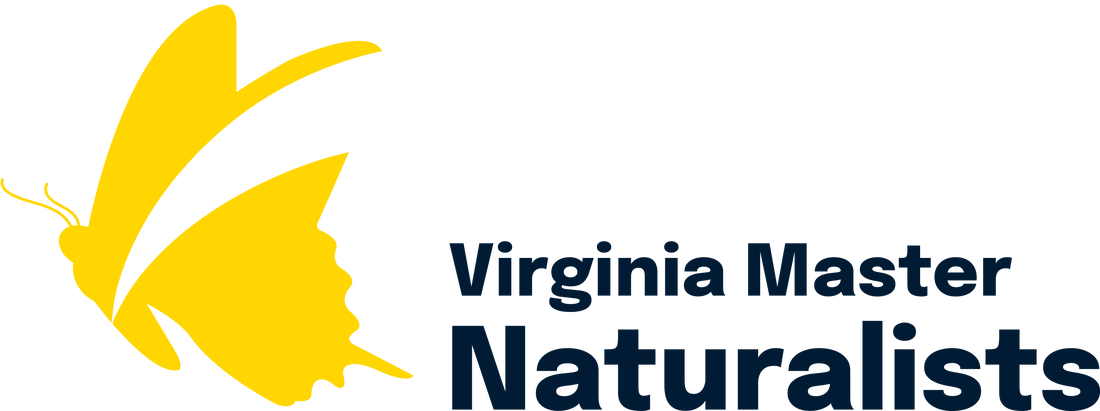
The signing of the new Chesapeake Bay Watershed Agreement on June 16, 2014, represents a renewed commitment from Virginia and its Bay Program partners to continue protecting the Chesapeake Bay, its tributaries and surrounding lands. “Our efforts going forward are crucial for bringing the Bay back to health,” says Department of Environmental Quality Director David K. Paylor. “This is the time to build on the successes we have seen in the past several years."
The new agreement features 10 goals that will ultimately contribute to Bay restoration and for the first time contains language about citizen stewardship, public access, and K-12 environmental literacy of students. Included in the new agreement are goals for sustainable fisheries, vital habitats, water quality, toxic contaminants, healthy watersheds, stewardship, land conservation, public access, environmental literacy and climate resiliency. The updated agreement keeps a focus on immediate results, while recognizing that long-term efforts must also be sustained.
The health of the Chesapeake Bay affects all Virginians, and despite recent improvements, the Bay still requires our close attention. Thanks to the support of citizens of Virginia and the Bay’s many stakeholders, our vision for the future of the Chesapeake Bay remains the same. Only by continuing to work together can we achieve the goals of the new Chesapeake Bay Watershed Agreement and continue to restore one of Virginia’s most important bodies of water.
The Secretary of Natural Resources Chesapeake Bay Stakeholder Advisory Group will meet in Richmond on October 20, 2014, at 9:00 a.m. in the Patrick Henry Building, East Reading Room, 1111 East Broad Street, to discuss the new Bay agreement, the Watershed Implementation Plan (WIP) for the Bay and other related matters. Interested stakeholders are invited to attend. For more information contact: [email protected].
Registration for the Watershed Educators Institute, a series of one- and two-day workshops offered by DEQ from October, 2014, through June, 2015, for those desiring to be formally recognized as leaders in watershed education in the Commonwealth of Virginia, is now open. A complete listing of the workshops being offered is at Virginia DEQ - Meaningful Watershed Educational Experience (MWEE) Resources. To register for any of these workshops, go to https://www.surveymonkey.com/s/wei.
The new agreement features 10 goals that will ultimately contribute to Bay restoration and for the first time contains language about citizen stewardship, public access, and K-12 environmental literacy of students. Included in the new agreement are goals for sustainable fisheries, vital habitats, water quality, toxic contaminants, healthy watersheds, stewardship, land conservation, public access, environmental literacy and climate resiliency. The updated agreement keeps a focus on immediate results, while recognizing that long-term efforts must also be sustained.
The health of the Chesapeake Bay affects all Virginians, and despite recent improvements, the Bay still requires our close attention. Thanks to the support of citizens of Virginia and the Bay’s many stakeholders, our vision for the future of the Chesapeake Bay remains the same. Only by continuing to work together can we achieve the goals of the new Chesapeake Bay Watershed Agreement and continue to restore one of Virginia’s most important bodies of water.
The Secretary of Natural Resources Chesapeake Bay Stakeholder Advisory Group will meet in Richmond on October 20, 2014, at 9:00 a.m. in the Patrick Henry Building, East Reading Room, 1111 East Broad Street, to discuss the new Bay agreement, the Watershed Implementation Plan (WIP) for the Bay and other related matters. Interested stakeholders are invited to attend. For more information contact: [email protected].
Registration for the Watershed Educators Institute, a series of one- and two-day workshops offered by DEQ from October, 2014, through June, 2015, for those desiring to be formally recognized as leaders in watershed education in the Commonwealth of Virginia, is now open. A complete listing of the workshops being offered is at Virginia DEQ - Meaningful Watershed Educational Experience (MWEE) Resources. To register for any of these workshops, go to https://www.surveymonkey.com/s/wei.


 RSS Feed
RSS Feed